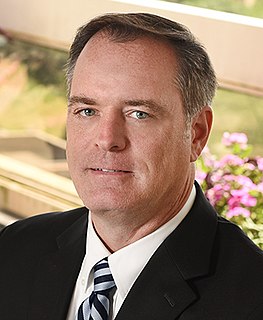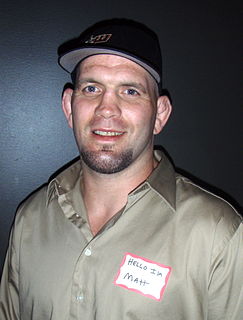A Quote by Robert Bilott
There are certain systems that I think are not working well - that's the regulatory system, the whole system of how we regulate chemicals in this country.
Related Quotes
A lot of the so-called systems composers have this thing that the system is always right. You don't fiddle with it at all. Well, I don't think that. I think the system is as right as you judge it to be. If for some reason you don't like a bit of it you must trust your intuition on that. I don't take a doctrinaire approach to systems.
You cannot ask which system is the better because you cannot standardize one system for the whole of the world. You cannot have one stereotyped code of morality for every country. One system may work very well in one country and very badly in another. You cannot grow a tropical flower in a cold climate.
We had lead emitted in gasoline and in paint, painting generations of housing for an entire century, practically, before it was regulated. That's what I'm talking about, is that we have a regulatory system that is biased to protect profit and not to protect people. We need a much more precautionary and proactive regulatory system that is not influenced by the revolving door.
The second reason to abandon environmental religion is more pressing. Religions think they know it all, but the unhappy truth of the environment is that we are dealing with incredibly complex, evolving systems, and we usually are not certain how best to proceed. Those who are certain are demonstrating their personality type, or their belief system, not the state of their knowledge.
I think the Scandinavian health systems are better when it comes to preventative care than the German system, because in the Scandinavian systems, the government is really more active in defining treatment, goals and defining health priorities. The German system is a competitive system with little government intervention. The price for this is that the government cannot set a health agenda. And the Scandinavian systems have little competition, so you often do have waiting lists. But on the other hand, you then have the government which can push for prevention.




































